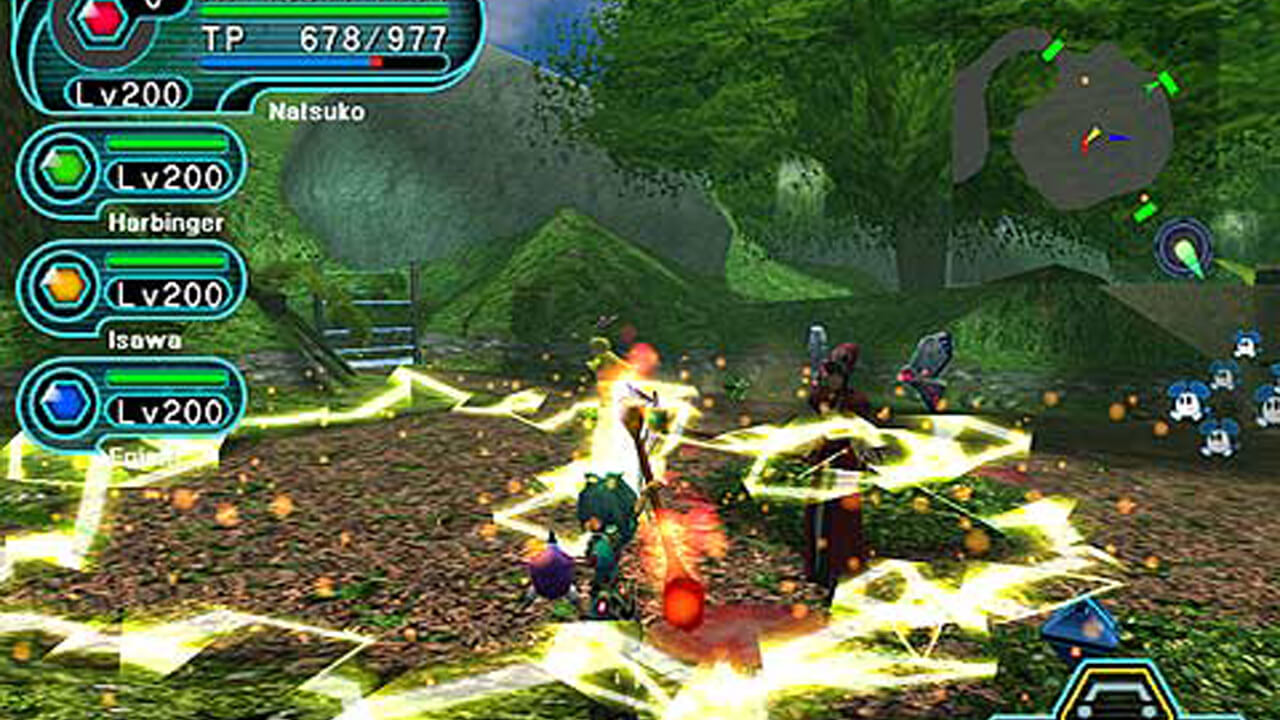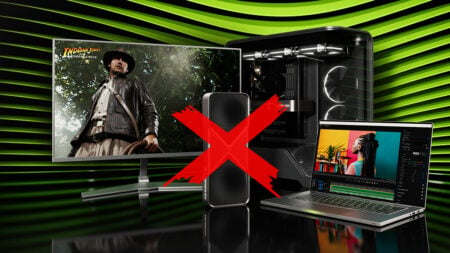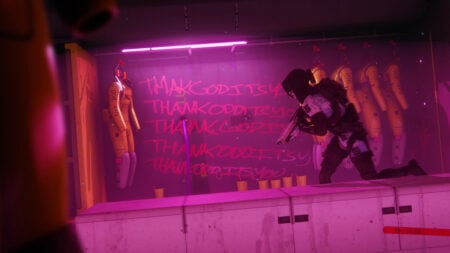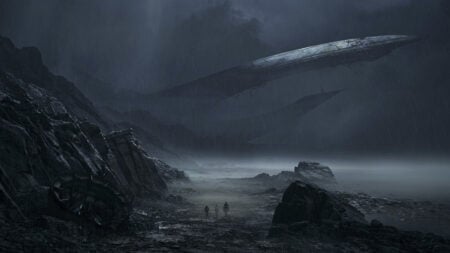The Digital Millennium Copyright Act, the law covering technological means of gaining access to and control of digital copyrighted works (in this case, games), has been amended with certain exemptions as of October 28, 2015. In layman’s terms, end users of certain technologies may now legally modify said technology to use it even after the copyright owner has shut down the server. In the world of video games, this essentially means that games that must be online to be played can now be made to function even without the support of the company’s servers. Players will now be empowered by law to create and run their own servers for such games. Attorneys Parker Higgins, Mitch Stoltz, Kit Walsh, and Corynne McSherry, who have fought for such exemptions, aim to take the victory a step further, saying “We encourage lawmakers to support efforts like the Unlocking Technology Act, which would limit the scope of Section 1201 to copyright infringements–not fair uses.” The Electronic Frontier Foundation is one of the leading organizations fighting for the Act.
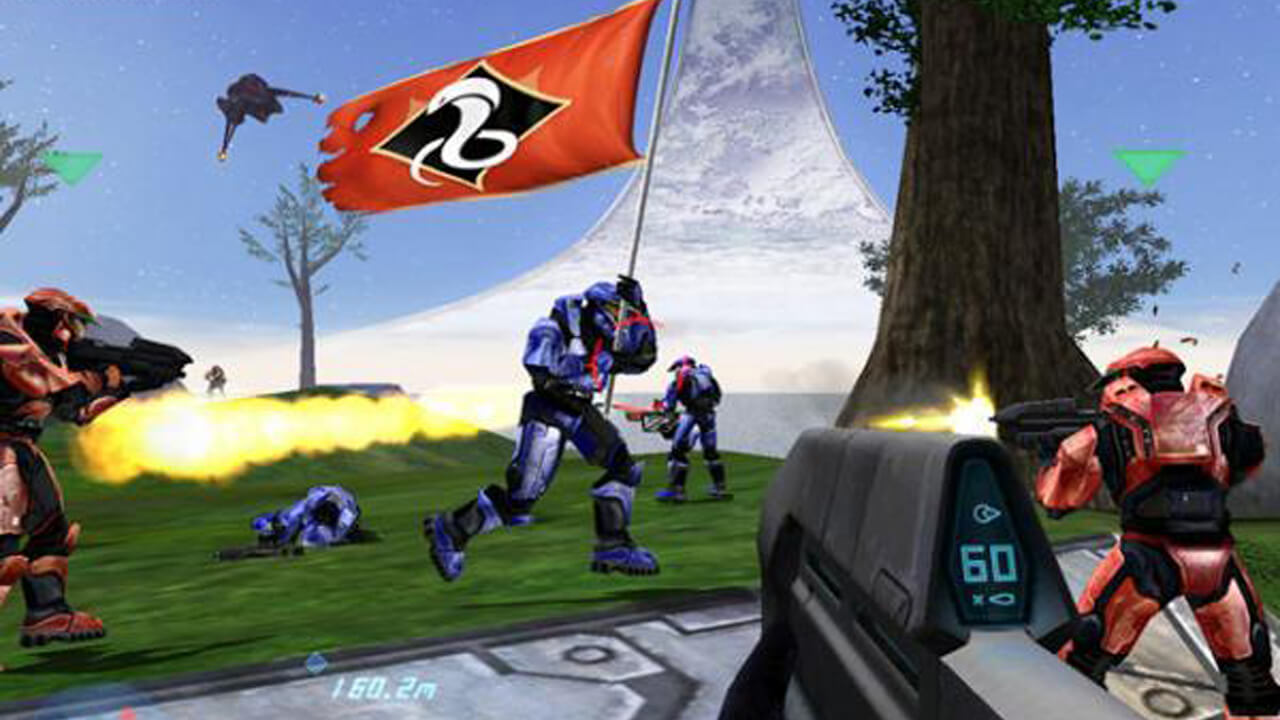
On the downside, this modification only affects games that must be online to function at all. Games that have an online feature but can be played offline to any extent are not included. The Halo series of games would be an example of this, as they include an offline Campaign mode. One of the major flaws is with the process of modifying the DMCA itself. “Exemptions are granted through an elaborate rulemaking process that takes place every three years and places a heavy burden on EFF and many other requesters who take part,” say Higgins, et al. “Still, this exemptions will help keep many classic and beloved video games playable by future generations.”

